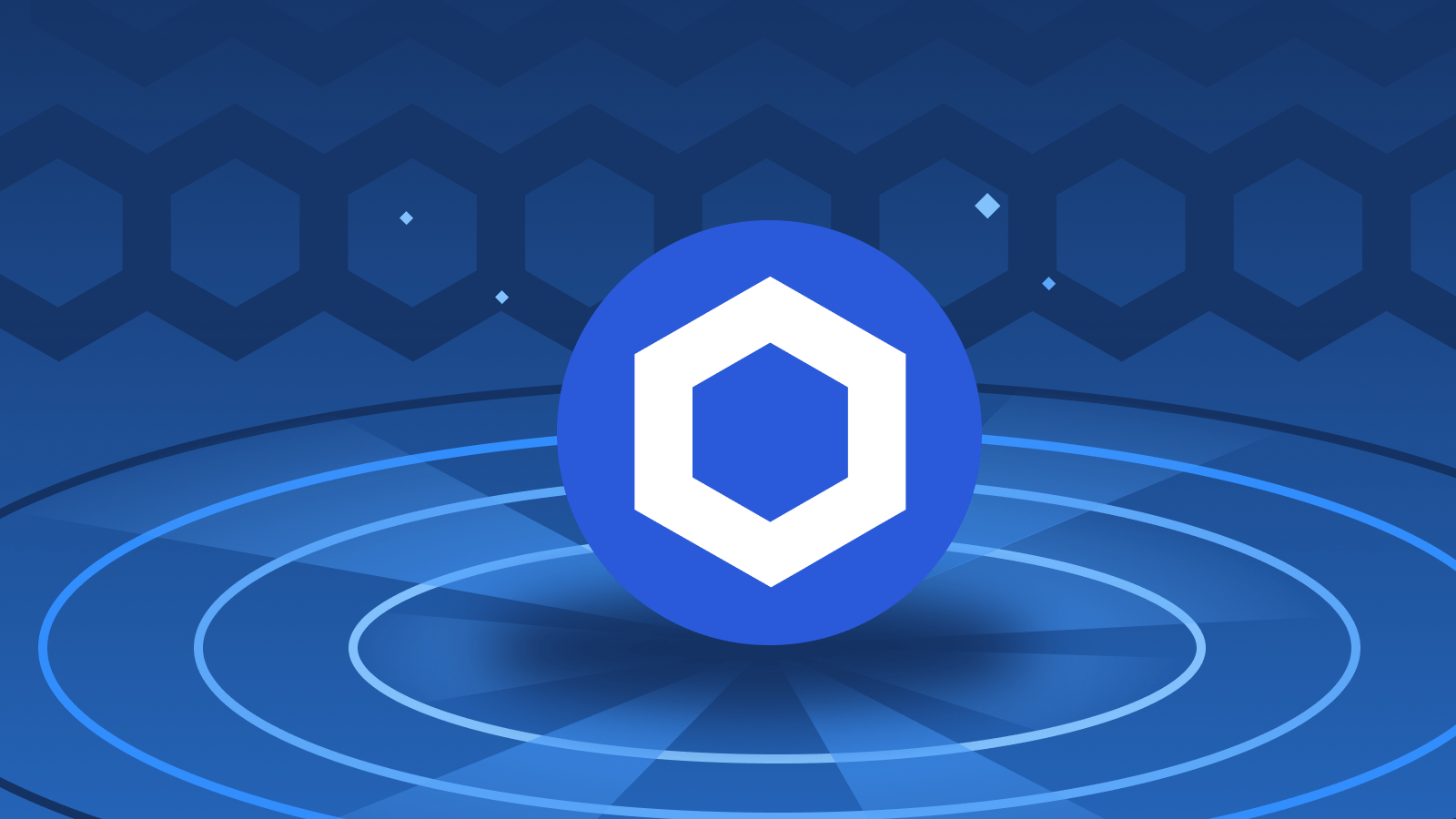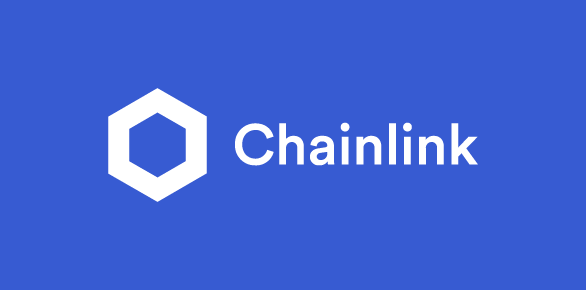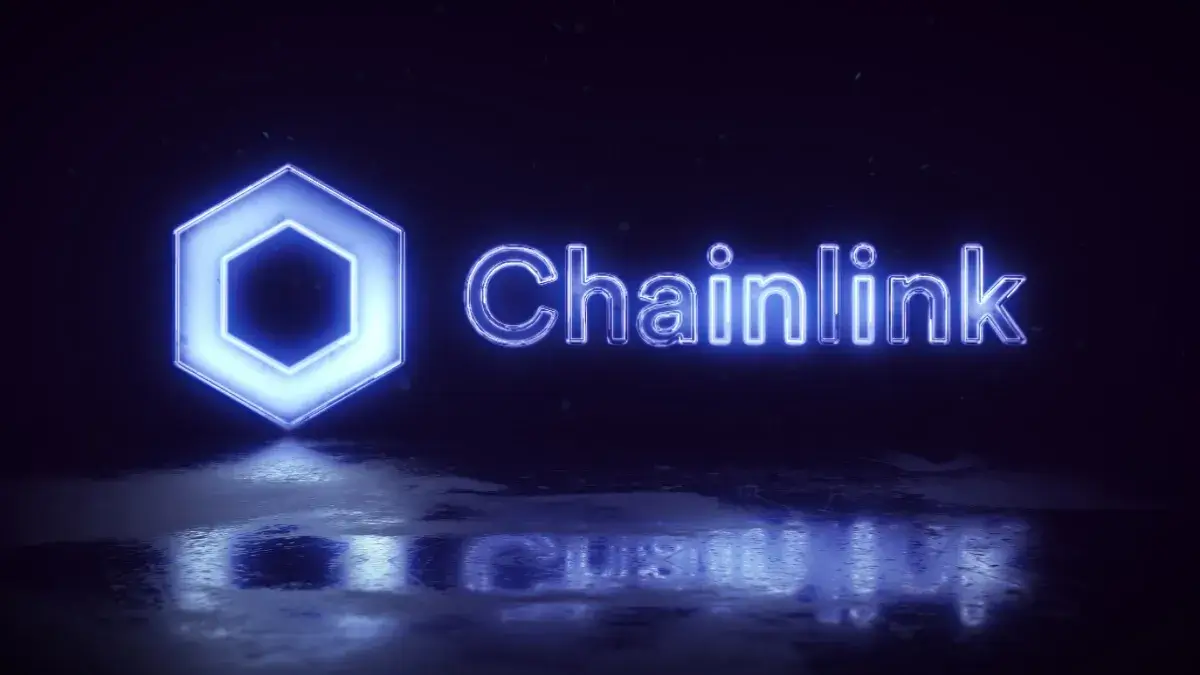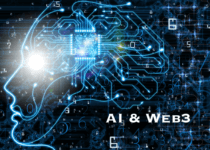Chainlink: Unlocking the Potential of Blockchains with Decentralized Oracles
The world of blockchain technology is brimming with innovation, promising a future of secure, transparent, and automated transactions. However, one key hurdle has limited the full potential of blockchains: their isolation from the real world. Smart contracts, the self-executing agreements that power many blockchain applications, lack the ability to access external data feeds and APIs independently. This is where Chainlink steps in, offering a revolutionary solution with its decentralized oracle network.
What is Chainlink?
Chainlink is not a blockchain itself, but rather a decentralized oracle network (DON) built on top of existing blockchains, primarily Ethereum. Oracles, in the blockchain context, act as bridges between the blockchain and the external world. They fetch data from external sources, APIs, and off-chain systems, and securely deliver it to smart contracts on the blockchain. This allows smart contracts to leverage real-world information to trigger actions, automate processes, and enable a wider range of functionalities.
The Problem Chainlink Solves
Imagine a scenario where a smart contract governs a decentralized insurance marketplace. To assess claims and pay out automatically, the smart contract needs real-time weather data. However, relying on a single data source poses a security risk. A malicious actor could manipulate the data feed, leading to fraudulent payouts. Chainlink solves this problem by creating a decentralized network of oracles.
How Chainlink Works
Chainlink’s decentralized oracle network (DON) comprises several key components:
- Node Operators: These are independent entities who run Chainlink nodes, which are specialized software programs. Node operators are responsible for gathering data from external sources and securely delivering it to smart contracts.
- Reputation System: The network relies on a robust reputation system to ensure data quality and node operator accountability. Nodes are evaluated based on their performance, uptime, and past behavior. Poorly performing nodes are penalized, while reliable nodes are rewarded with LINK tokens, the native cryptocurrency of Chainlink.
- Decentralized Selection Process (DSRP): Smart contracts don’t directly interact with individual nodes. Instead, they leverage the DSRP to select a group of oracles based on pre-defined security parameters and data request specifications. This ensures data integrity and prevents manipulation by any single node.
- Aggregating Function: Once multiple oracles within the chosen group retrieve data, the network utilizes an aggregating function. This function combines the data points while filtering out outliers and inconsistencies, further ensuring data accuracy.
Benefits of Chainlink
- Decentralization: Chainlink eliminates the reliance on centralized oracles, reducing the risk of data manipulation and single points of failure.
- Security: The reputation system and DSRP ensure the overall security and reliability of the network.
- Flexibility: Chainlink can support a wide variety of data types, including financial market data, weather data, random numbers, and API calls.
- Scalability: The decentralized architecture allows the network to scale efficiently as demand for oracle services increases.
- Transparency: The entire process of data fetching and aggregation is transparent and verifiable on the blockchain.
The LINK Token
The LINK token is the fuel that powers the Chainlink network. It is used for several purposes:
- Node Operator Payment: Smart contracts pay LINK tokens to node operators in exchange for data and oracle services.
- Staking: Node operators must stake a certain amount of LINK tokens to participate in the network. This incentivizes them to maintain high-quality performance.
- Future Functionality: The Chainlink team is exploring additional functionalities for LINK tokens, such as governing rights within the network.
Chainlink’s Impact and Use Cases
Chainlink has emerged as a critical player in the blockchain ecosystem, enabling a diverse range of applications:
- Decentralized Finance (DeFi): Chainlink empowers DeFi protocols to access reliable price feeds and other financial data, facilitating secure lending, borrowing, and trading activities.
- Supply Chain Management: Real-time data from sensors and logistics providers can be integrated into blockchains to track goods throughout the supply chain, ensuring transparency and efficiency.
- Insurance: Chainlink oracles can provide flight cancellation data, weather information, and other relevant data feeds to automate insurance claim settlements.
- Random Number Generation (RNG): Blockchain applications often require unpredictable random numbers for provably fair games and lotteries. Chainlink provides a secure and verifiable way to generate random numbers on-chain.
The Future of Chainlink
The future of Chainlink looks bright. As the blockchain industry matures and the need for secure and reliable oracles grows, Chainlink is well-positioned to play a central role. The project is constantly evolving, with ongoing research and development focused on:
- Cross-Chain Interoperability: Enabling Chainlink oracles to seamlessly retrieve data from multiple blockchains, fostering a more interconnected blockchain ecosystem.
- Decentralized Reputation System (DRS): Further decentralizing the reputation system by allowing node operators to participate in the evaluation process.
- Advanced Security Features: Implementing innovative cryptographic techniques and secure enclaves to enhance the overall security of the network.
- Expansion of Use Cases: Continuously exploring new use cases for Chainlink oracles, pushing the boundaries of what’s possible on blockchains.
Challenges and Considerations
While Chainlink offers significant advantages, there are also challenges to consider:
- Scalability: As the network grows and the demand for oracle services increases, ensuring efficient scalability remains a crucial challenge.
- Gas Fees: Interacting with the blockchain can incur gas fees, which could potentially impact the affordability of oracle services.
- Centralization Concerns: While the network itself is decentralized, the development team still holds some control over the protocol. Decentralizing governance further will be essential for long-term sustainability.
Key Points
- Block: Imagine a digital box holding information. Each block stores data about a transaction, like who sent money to whom, or details of a contract.
- Chain: Blocks are linked together in a chronological order, like a chain. This chain creates a public record that everyone can see.
- Decentralized: There’s no single boss in a blockchain network. Many computers around the world work together to verify and secure the information.
- Secure: Special codes and math problems make it very difficult to tamper with information on a blockchain.
- Transparent: Anyone can see the information on a blockchain, promoting trust and reducing errors.
- Smart Contracts: These are self-executing agreements written on the blockchain. When certain conditions are met, the contract automatically carries out its terms, without needing a middleman.
- Cryptocurrency: Bitcoin is a famous example. It’s a digital currency secured by blockchain technology.
Conclusion
Chainlink has revolutionized the way blockchains interact with the real world. By providing a secure, decentralized, and flexible oracle network, Chainlink unlocks the full potential of smart contracts and paves the way for a future of truly connected and automated applications. As the project continues to evolve and address its challenges, Chainlink is poised to remain at the forefront of the blockchain oracle landscape, shaping the future of this transformative technology.







